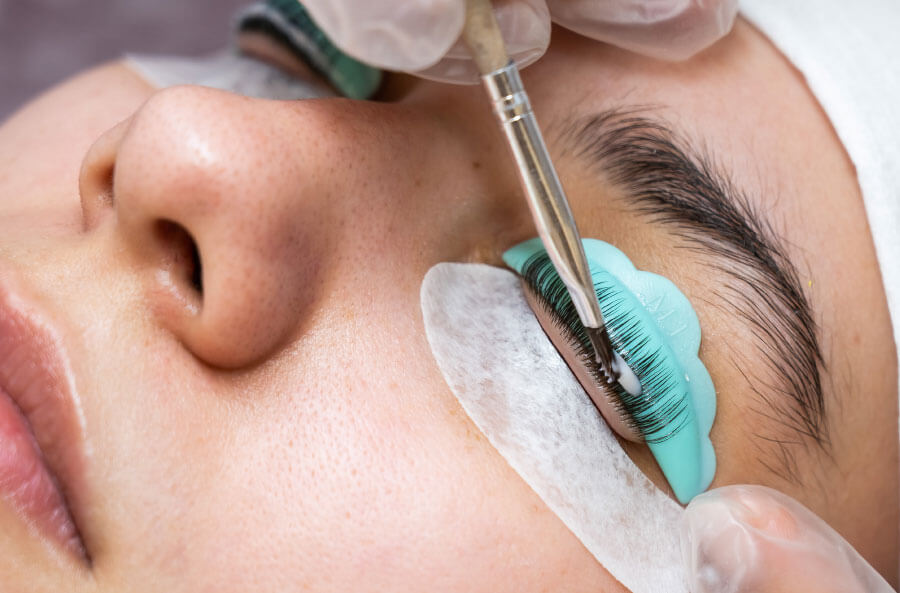Get certified in the
techniques that transform looks
Lash Lift, Brow Lamination & Professional Brow Design Course
Become a specialist in eye design with trendy techniques and high professional value!
$450
Learn how to offer a full brow and lash service that your clients will absolutely love.
This hands-on workshop is your entry point into the world of lash and brow design, definition, and enhancement—with natural-looking results and impactful transformations.
Train in Tampa and add the most requested, high-demand services to your portfolio.

Why choose Brow & Glow Studio?
Because we are an academy that teaches cutting-edge, up-to-date techniques that are 100% applicable from day one.
We are constantly updating our knowledge to offer you fresh, next-generation education with a real, professional, and personalized approach.
What will you learn in this course?
This course is divided into two main modules that will prepare you to offer a complete portfolio of lash and brow services:
- Professional Brow Mapping: precise measurement and design based on eye shape
- Lash Lift with Tint
- Brow Lamination with Tint
- Facial Waxing
- Threading
- Biosecurity, area preparation, and correct protocols
- Client recommendations and maintenance
- Hands-on practice on a live model
Your Instructor: International Experience & Educational Vision
Taught by Nidia Rivera, a licensed esthetician in the U.S. with over 20 years of experience in the beauty industry.
A specialist in eye design, micropigmentation, and aesthetic education, she has trained professionals in Colombia, Mexico, Peru, and the United States.
Workshop Benefits
- Professional certification included
- In-class practice materials provided
- Digital course guide included
- Group or personalized format
- Discounts on selected advanced courses
- Access to exclusive VIP student group
- High-demand, high-profit training focused on professional success
Course Duration:
3 in-person classes
Location: Tampa – group or personalized format
Methodology:
80% hands-on practice
20% applied theory



